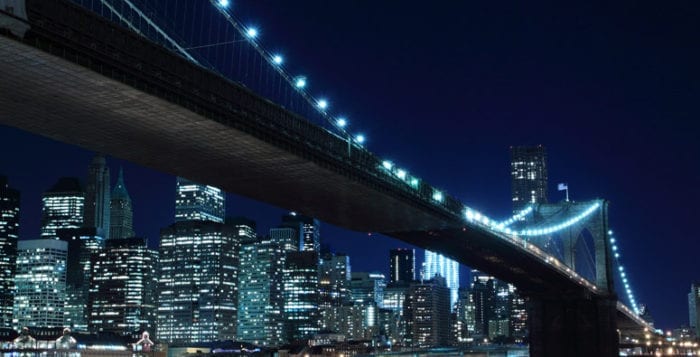By Leah Dunaief

For those of us who daily or occasionally drive into Manhattan, it looks like congestion pricing is going to happen. New York would be the first such city in the nation to impose this, but other countries have embraced charging vehicles entering the downtowns of their major cities as a solution to overcrowding, accidents and especially air pollution and revenue shortfalls. London, Stockholm and Singapore have congestion pricing, although critics insist that it is an unfair tax that particularly targets the poor who do not otherwise have easy access to public transportation.
Debate on this subject has continued ever since former mayor, Michael Bloomberg (R, I), introduced the idea in 2008. But the state, which has to approve such a move, wasn’t interested then. Now, however, with shortfalls in income tax revenue coupled with the immediate need to upgrade the city’s deteriorating subway system pressing upon them, the legislators seem to be agreeing to approve the move. The Democratic Assembly had been the holdout but at this point is willing to charge for city driving. The Senate has indicated support, as has Gov. Andrew Cuomo (D) and Mayor Bill de Blasio (D). Suburban legislators are willing to go along with the plan if some of the added revenue will be
designated for commuter railroads.
Once having reached this remarkable consensus, work still remains for most to agree on what exemptions to allow. So far these might include drivers who are poor, have disabilities or are going to medical appointments, according to this week’s articles in The New York Times. The more exemptions, the less revenue, as the legislators well recognize. One pricing plan is projected to raise about $1 billion annually.
So how would we be affected?
Electronic tolls might be imposed on vehicles heading south from 60th Street to the Battery. “That money would, in turn, be used to secure bonds totaling $15 billion for MTA capital projects through 2024,” according to The Times. Some consideration would include a credit for drivers entering the congestion zone through tolled tunnels or the Henry Hudson Parkway on Manhattan’s West Side, as well as for drivers coming over the Brooklyn Bridge to travel north on the East River, or FDR Drive beyond the zone.
One Queens assemblyman, David Weprin (D), insists that all city residents should be exempted, pointing out that many in Queens do not have public transportation. This is the type of detail still being discussed.
In Central London, where congestion pricing has been in effect since 2003, drivers pay about $15 per day to enter the roughly 15-square-mile zone between 7 a.m. and 6 p.m., Monday through Friday. Those with disabilities are exempt, while residents living in the zone pay 10 percent of the fee to enter during those hours. The plan has been a success in many ways, earning £122 million (about $160 million) a year net benefit in 2005-06, although some aspects are being updated this year. The number of vehicles in the zone has decreased by some 25 percent in the last decade. However, the private hire vehicles, like Uber, which have not been taxed, have increased by more than 75 percent from 2013-17. City officials are looking to change that
exemption this year.
Further, the number of private cars in Central London has fallen by 39 percent between 2002-14, while cycling has increased by 210 percent from 2000-16. Congestion in London, though, is still a severe problem, the blame now being placed on those same private hire vehicles and more deliveries. The congestion zone there is less than 1.5 percent of the city.
In Stockholm, there is a variable charge in the congestion zone, depending on the time of day, distance and location, with a maximum of about $11.30. Technological advances make such determination possible. The zone covers two-thirds of the city, as opposed to London, but then London is eight times the size of Stockholm. Londoners may soon be subject to all of London falling into the zone, as well as fees applying on weekends and for all road users. London’s changes, after 16 years, may predict where New York’s plan may morph.





